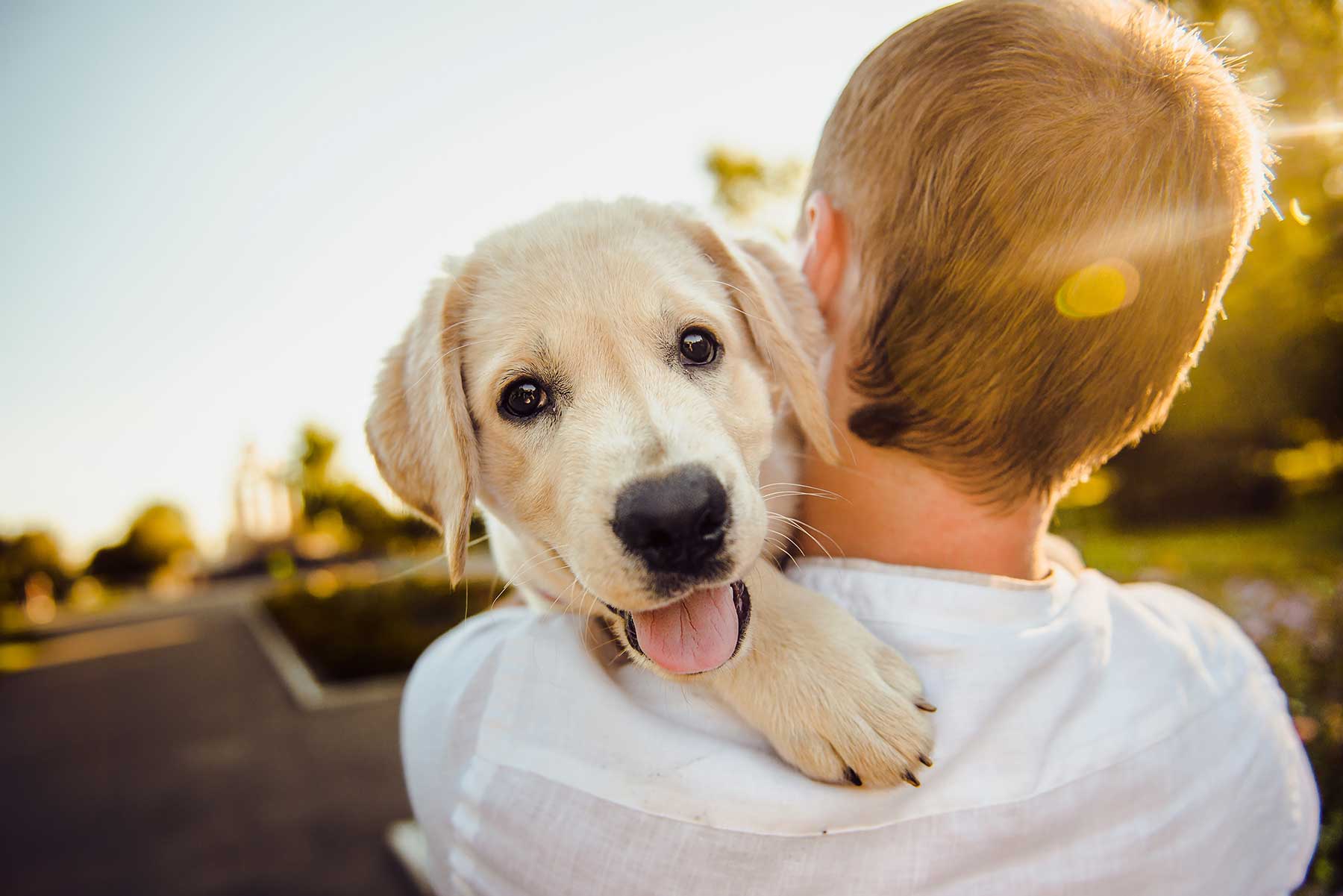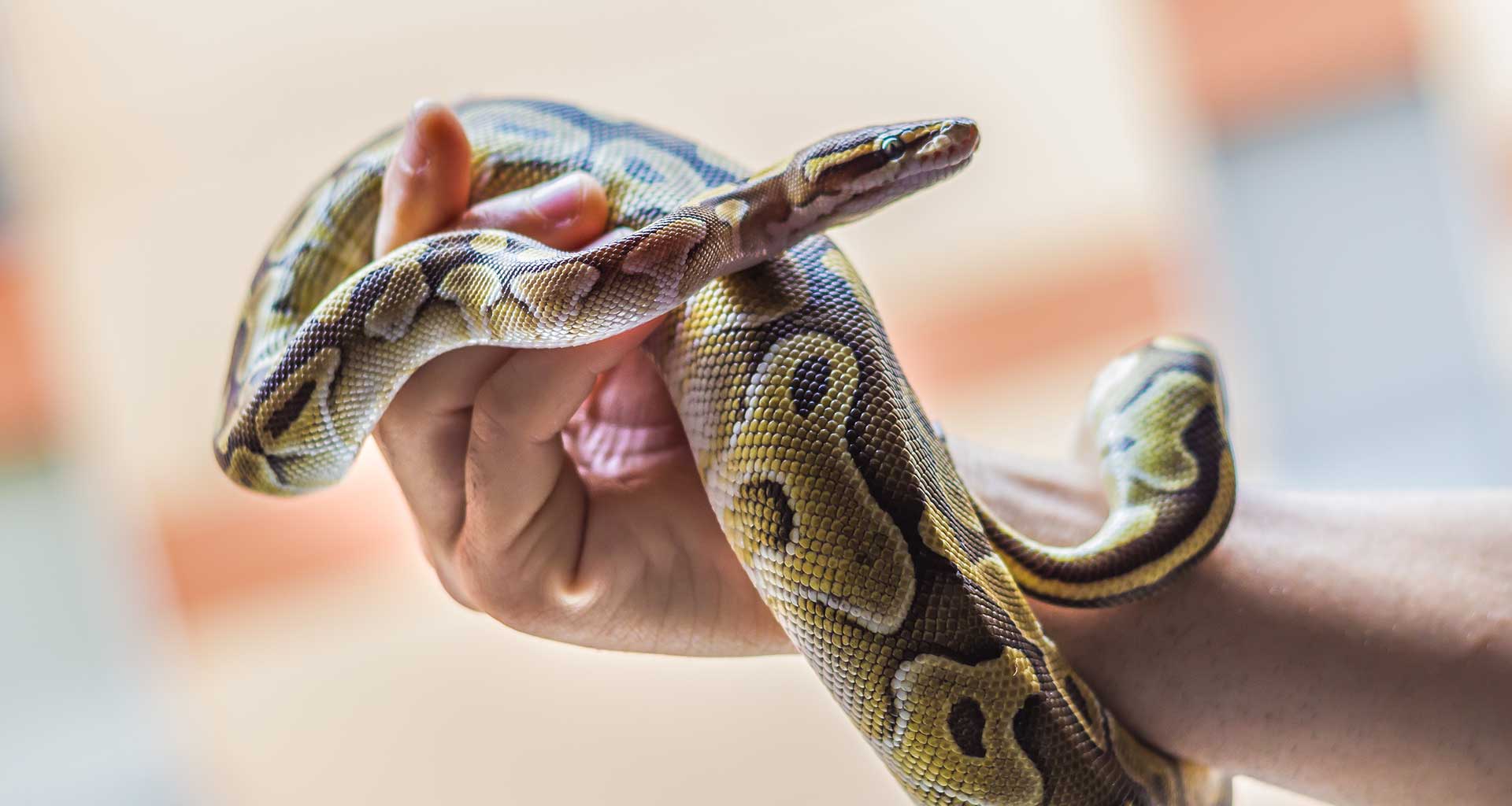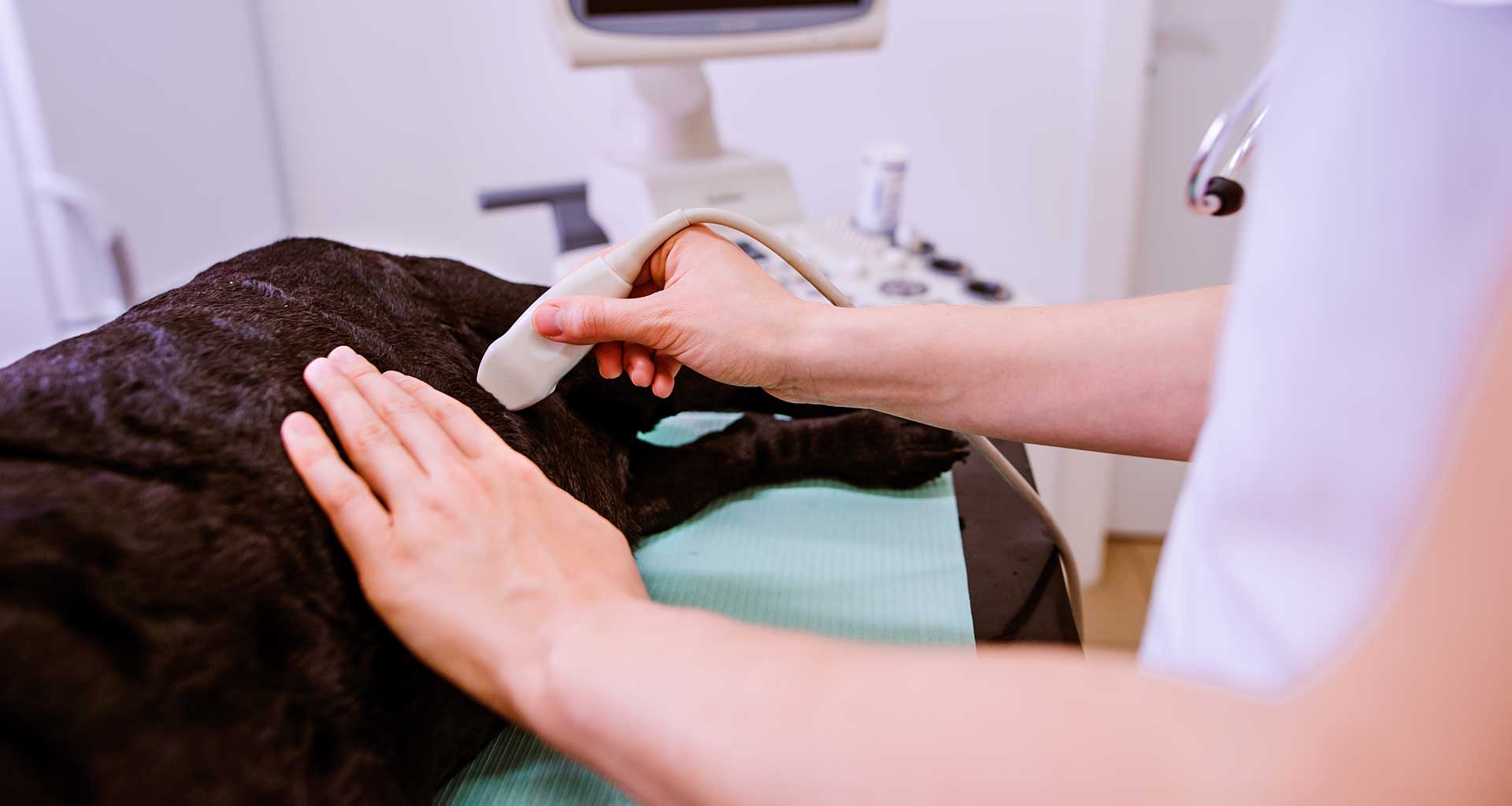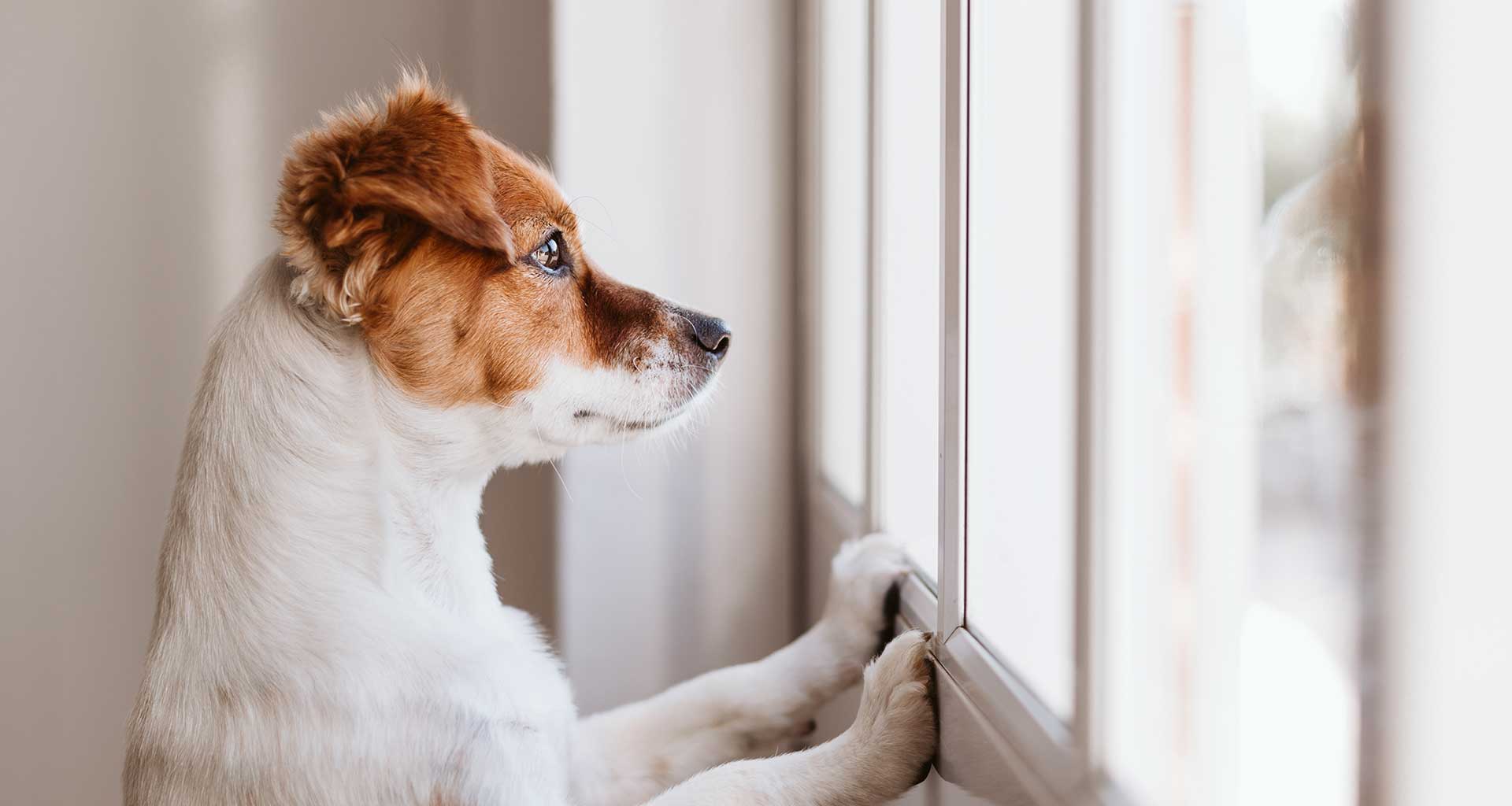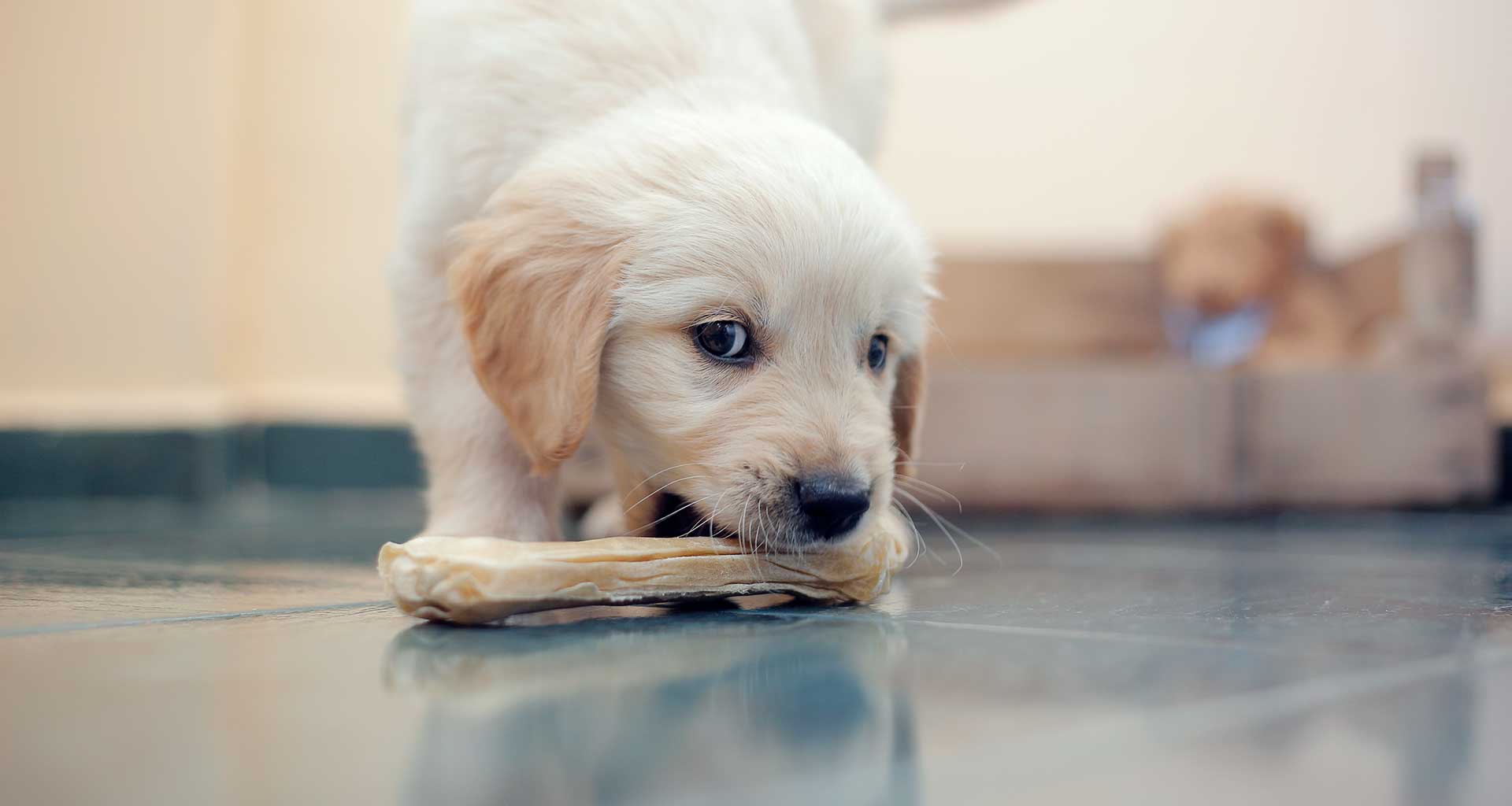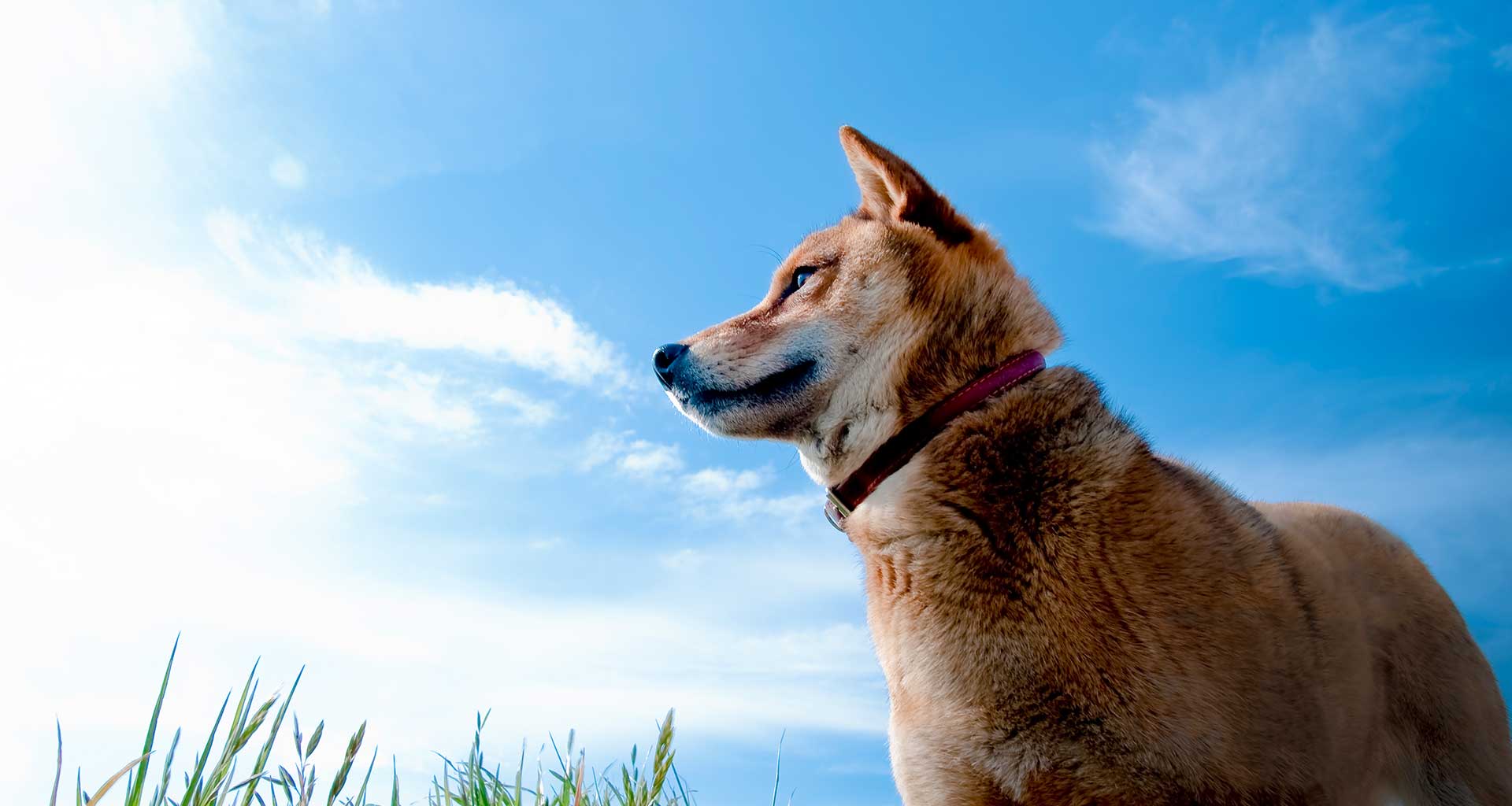Small Pets for Any Home
When it comes to pets, not everyone has the space or time to commit to larger animals. Luckily, there are plenty of options for those who want a furry companion that doesn't require too much room or maintenance. Pocket pets such as rats and guinea pigs can be great choices for anyone looking for a smaller, more manageable pet.

Types of Pocket Pets
Guinea Pigs
Guinea pigs, also known as cavies, are one of the most popular small pets among children and adults. These adorable creatures are very social, intelligent and gentle animals that make great companions. They come in a variety of breeds, colours, and hair types.
Housing and Diet:
Guinea pigs are herbivores and their diet mainly consists of hay, fresh vegetables, fruits, and pellets specifically made for them. It is important to provide your guinea pig with unlimited amounts of grass hay such as Timothy hay to aid in digestion and prevent dental problems. Fresh fruits like apples or strawberries can be given occasionally as a treat but should not exceed 10% of their daily diet. Vegetables such as lettuce or carrots can be given daily in small portions.
Housing for a guinea pig should be spacious enough for them to move around comfortably. They require a minimum of 3 square metres of space per pig, with additional space needed if there will be more than one in the same enclosure. It is recommended that the enclosure have a solid bottom to prevent injury to their sensitive feet and wire mesh sides with openings no larger than 1 centimetre.
Health Care:
The first step in maintaining good guinea pig health is by providing them with a clean living environment. Make sure their bedding is changed regularly and their cage is cleaned frequently to prevent any potential health hazards. Furthermore, guinea pigs require a balanced diet consisting of hay, fresh vegetables, fruits and limited pellets to stay healthy.
Regular visits to the vet are also necessary for keeping your guinea pig healthy. These check-ups help identify any potential issues before they become severe problems and ensure that your pet stays up-to-date on vaccinations.
Common Issues and Preventative Measures
Guinea pigs are popular pets due to their cute appearance and docile nature. However, like any other pet, they can suffer from common health issues that can be prevented with proper care.
Here are some of the most common issues and preventative measures to keep your guinea pig healthy:
- Dental problems: Guinea pigs have continuously growing teeth that need to be worn down through chewing on hay or grass. Without proper dental care, teeth may become overgrown, leading to pain and difficulty eating. To prevent this issue, provide your guinea pig with plenty of fresh hay daily.
- Respiratory infections: Guinea pigs are prone to respiratory infections due to their small size and sensitive respiratory systems. Ensure their living space is clean and well-ventilated by cleaning their cage regularly.
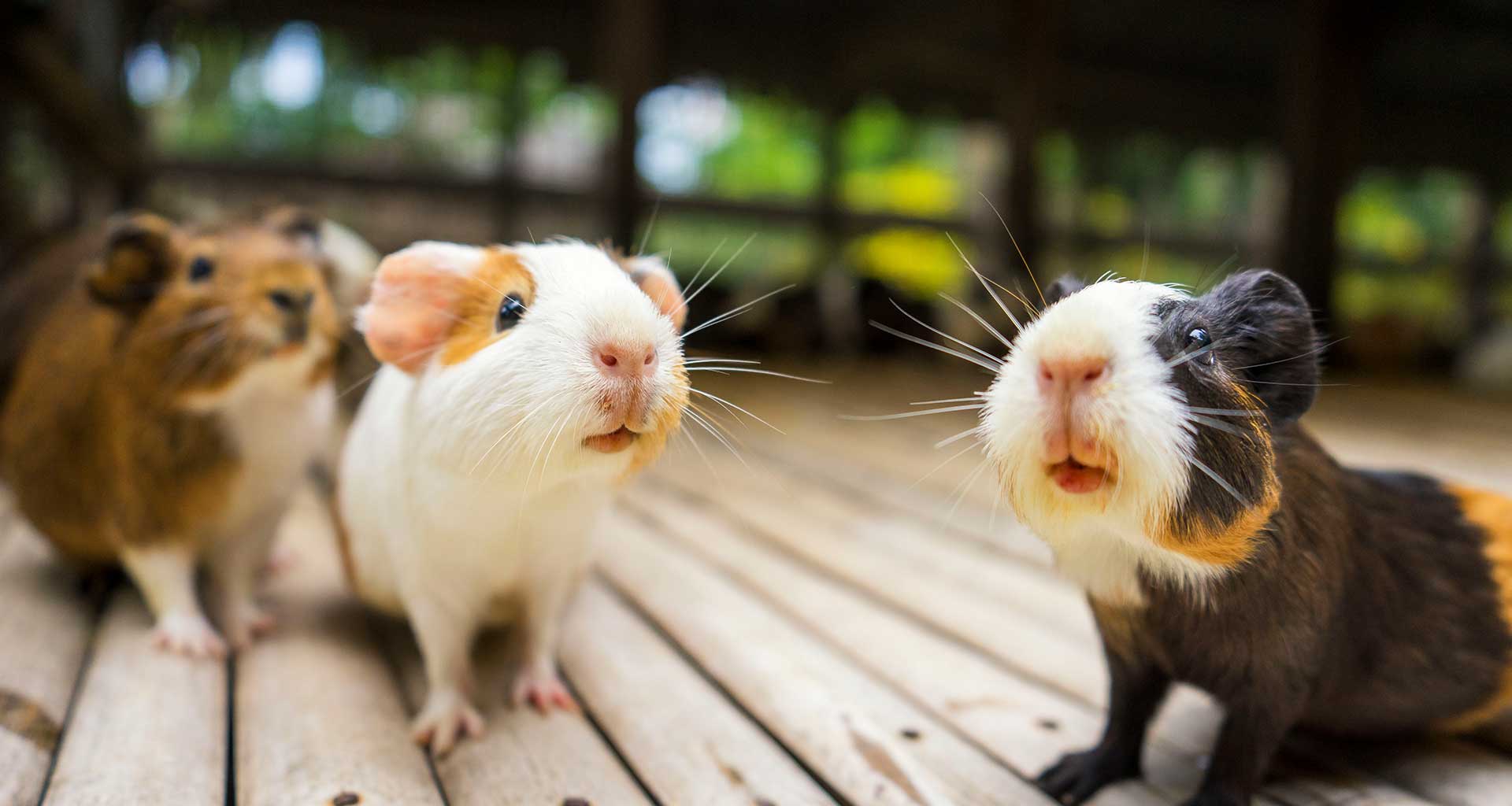
Interacting with Your Guinea Pig:
Interacting with your guinea pig is an essential part of their well-being. These furry little animals are social creatures and require daily attention and interaction from their owners. Guinea pigs love to play, snuggle, and explore their surroundings, so it’s important to provide them with plenty of opportunities for these activities.
- Spend time with your guinea pig every day.
- Talk to your guinea pig in a soft, soothing voice.
- Offer a variety of toys and activities to keep your guinea pig entertained.
- Gently pet and stroke your guinea pig to show affection.
- Offer healthy treats as rewards for good behaviour.
- Play games like hide-and-seek or fetch with your guinea pig.
- Allow your guinea pig to explore new environments under supervision.
- Keep interactions positive and avoid punishing or scaring your pet.
Rats:
The most distinctive physical features of rats is their long tail, which can be as long as their body. Rats use their tails for balance and communication, often twitching them when they’re excited or scared. Another interesting trait is their teeth, which never stop growing throughout their life. This means that rats need to constantly gnaw on things to wear down their teeth. Rats also have sharp claws on each foot that allow them to climb walls and other surfaces with ease. Their fur comes in a variety of colours and textures, ranging from soft and fluffy to sleek and glossy.
The Different Breeds of Rats
Choosing the right breed of rat is an important decision for any pet owner. Domesticated rats come in a variety of colours, sizes, and personalities. Each breed has its own unique characteristics and requirements, which should be taken into consideration when selecting a pet.
It’s important to do your research before choosing a rat breed so you can find the one that best suits your lifestyle and personality.
- The Dumbo rat is named after their large, round ears that sit low on their heads. They are known for being friendly and social, making them perfect for families with children.
- Abyssinian rat: If you’re looking for a more active breed, then the Abyssinian rat might be right up your alley. They have wiry fur with multiple cowlicks that create a unique coat pattern.
- Gambian pouched rat: For those who prefer larger rats, the Gambian pouched rat is an excellent choice. These rats can grow up to three feet in length and require plenty of space to roam around.
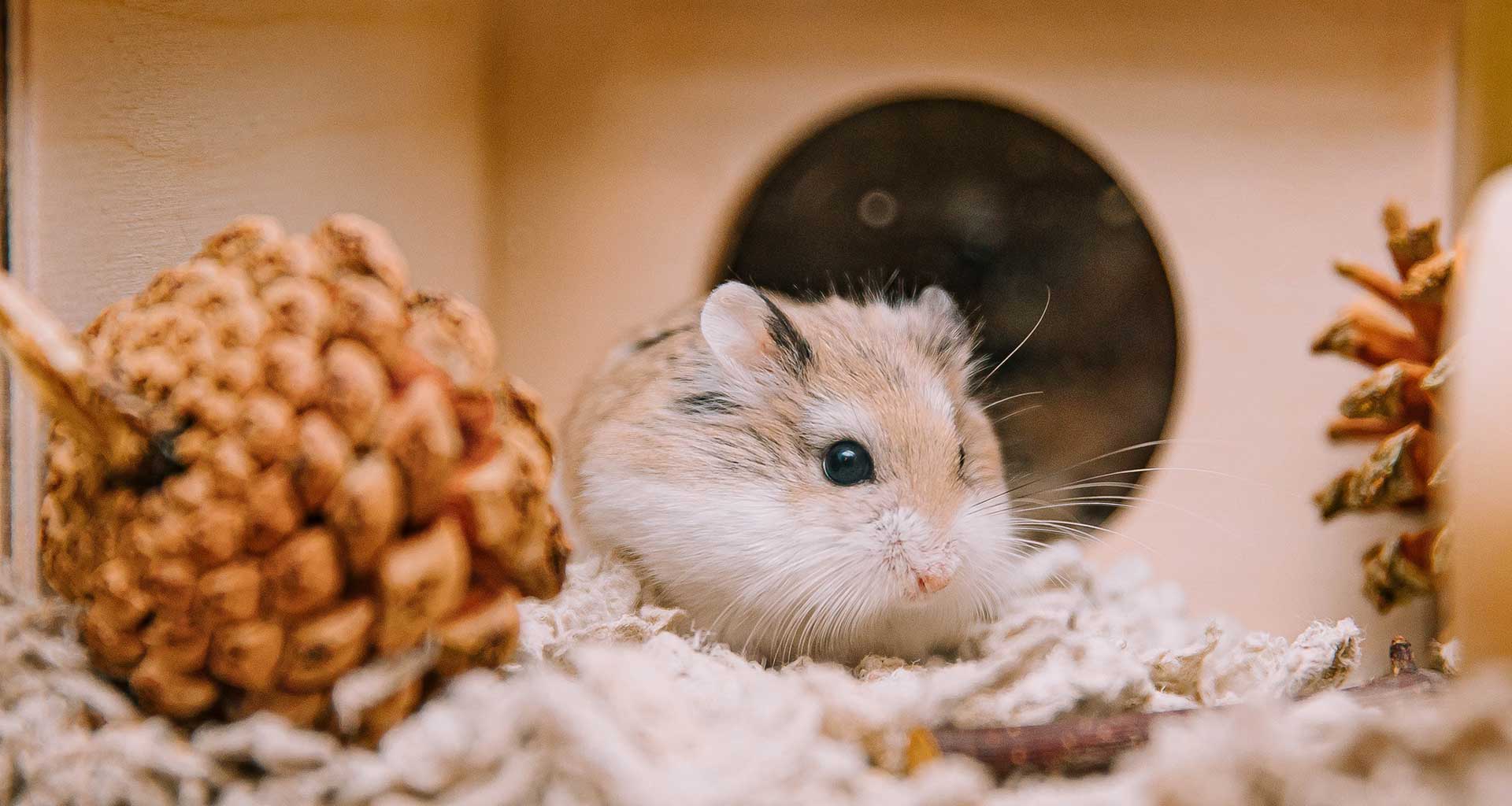
Personality and Behavior of Rats
Rats have become popular pets in recent years, thanks to their cute, cuddly appearance and playful personalities. However, these tiny creatures are much more than just adorable companions. Rats are highly intelligent animals that exhibit unique behaviours that make them fascinating to observe.
One of the most notable characteristics of rats is their social nature. These animals thrive in groups and form strong relationships with other rats. In fact, pet rats should always be kept with at least one other rat to prevent loneliness and depression. Rats are also very affectionate towards their owners and love spending time cuddling or playing games.
Despite their small size, rats are incredibly active creatures that require plenty of exercise and mental stimulation. They love exploring new environments, solving puzzles, and learning new tricks. Pet owners can keep their rats entertained by providing them with toys, tunnels, climbing structures, and challenging food puzzles.
Care: Cage setup, feeding, grooming, health
Owning a rat requires proper care to ensure they live long and healthy lives. This includes setting up the right cage environment, feeding them a balanced diet, grooming them regularly and monitoring their health.
When it comes to cage setup, rats need plenty of room to move around as they are active creatures. A single rat should have at least 2 cubic metres of space and two or more rats should have even more space. The cage should also include toys for stimulation and different levels or hiding spots for their comfort. Bedding materials such as fleece or paper-based bedding should be used instead of cedar or pine shavings which can be harmful to their respiratory system.
Common Health Issues in Pet Rats
Pet rats are cute, intelligent and social animals that make wonderful companions. However, like any other pet, rats are susceptible to certain health issues that you should be aware of as an owner. Here are some common health issues in pet rats:
- Respiratory infections: Rats have a sensitive respiratory system that can easily get infected by viruses or bacteria in the air. Symptoms include sneezing, wheezing and difficulty breathing.
- Tumours: Rats have a high risk of developing tumours, especially mammary tumours in females and pituitary tumours in males. These can affect their quality of life and require surgery or other treatments.
- Dental problems: Rats’ teeth grow continuously throughout their lives and can become overgrown if not properly worn down by chewing on hard objects. This can cause pain, infection and difficulty eating.
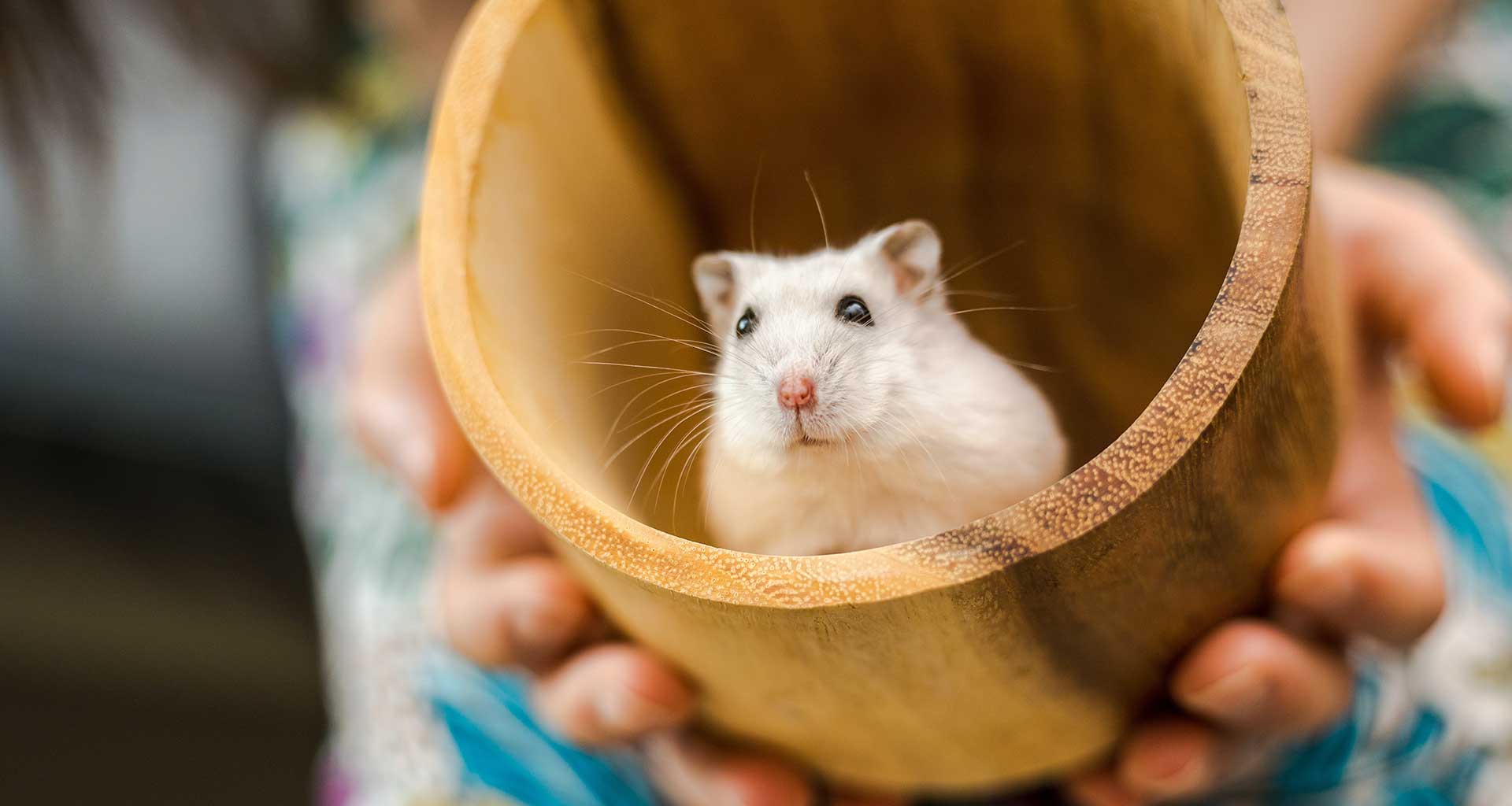
Vaccinations and Health Checkups
As a responsible pet owner, it is crucial to provide your furry friends with the necessary vaccinations and regular health checkups to ensure they live long and healthy lives. Rats are no exception as they can be susceptible to several diseases that can cause serious health issues.
Here are some vaccinations and health checkups you should consider for your pet rats:
- Vaccinations: Get your rats vaccinated against respiratory infections, such as Mycoplasma Pulmonis, which is common among rats.
- Regular check-ups can detect potential health issues: Even if your rat appears healthy on the surface, there may be underlying health issues that only a veterinarian can detect. Regular check-ups allow for early detection of any potential problems so that they can be treated promptly.
- Dental Checks: Rats have continuously growing teeth that need constant maintenance. Therefore, it’s essential to schedule regular dental checks with the vet.
- Other considerations: In addition to vaccinations and checkups, there are other factors to consider when caring for a pet rat, such as proper diet, exercise, and living conditions.
Vaccinations
These tiny rodents may not seem like they need many medical interventions, but in reality, there are several important vaccinations that can help protect them from serious illnesses.
- Rat bite fever: This bacterial infection can be transmitted to humans through bites or scratches from infected rats. A vaccine can help prevent this potentially life-threatening illness.
- Tyzzer’s disease: This condition affects the liver and can cause severe diarrhoea and dehydration in rats. Vaccinating against it is important for preventing outbreaks in colonies of multiple rats.
- Pneumonia: While there isn’t a vaccine specifically for rat pneumonia, keeping your pet’s environment clean and providing appropriate ventilation can go a long way towards preventing respiratory infections.
- Distemper: This viral infection affects the nervous system and can cause seizures, paralysis, and even death in rats.
Important Considerations Before Choosing a Pocket Pet:
Choosing a pocket pet can be both exciting and overwhelming. Before making your decision, there are several important considerations to keep in mind.
It’s essential to research the specific species you’re interested in adopting. Each type of pocket pet has its own unique needs and behaviours that must be considered before bringing them home.
It’s crucial to ensure that you have enough space for your new pet. While they may be small in size, they still require adequate living quarters where they can move around freely. Additionally, some pocket pets like guinea pigs need access to outdoor spaces or larger cages than others.
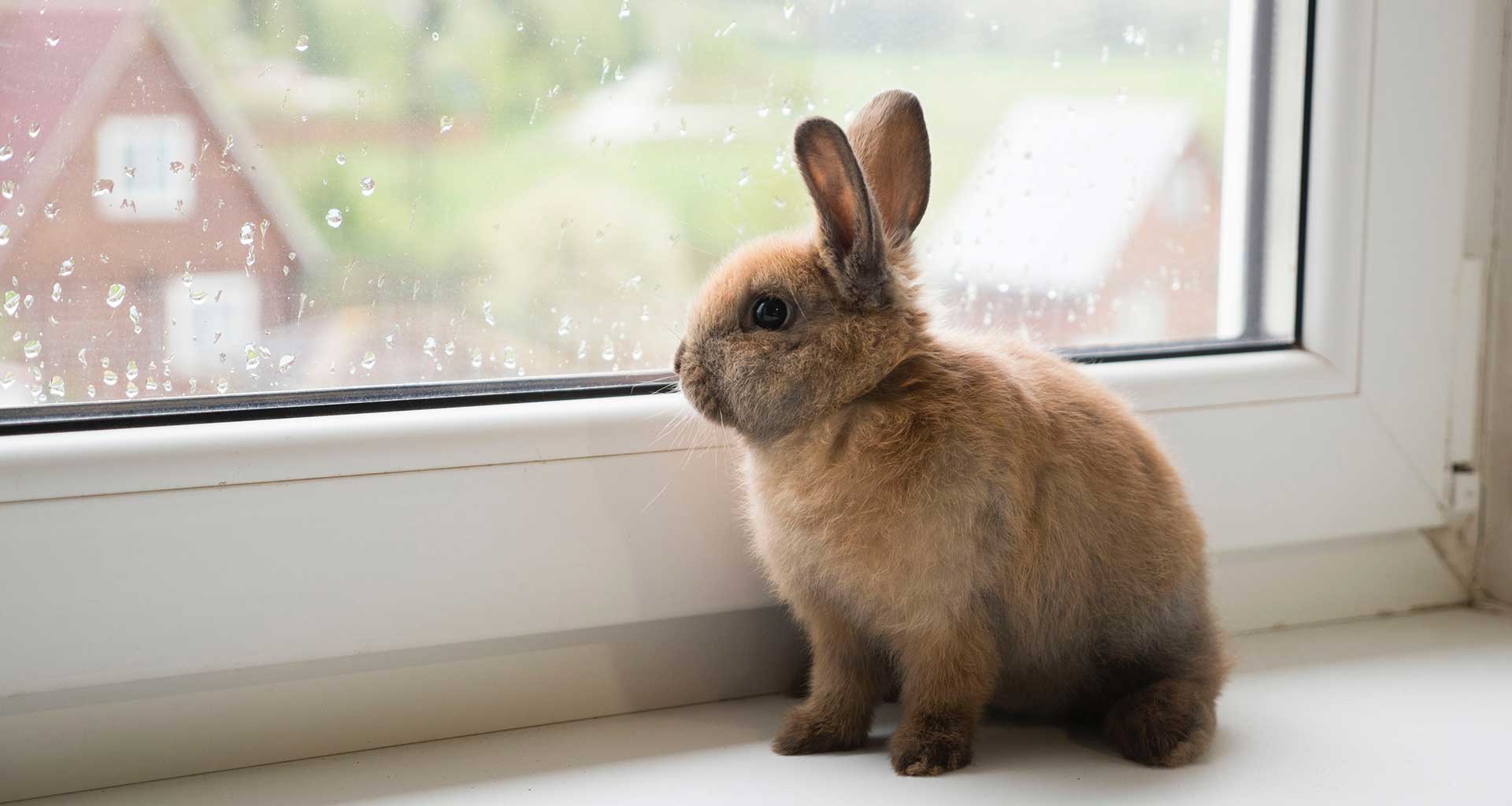
Costs, Time Commitment, and Space Requirements
Although they may not be as demanding as dogs or cats, it is important to consider the costs associated with owning one of these animals. The initial cost of purchasing a pocket pet may be relatively low compared to other pets; however, ongoing expenses can add up quickly.
In addition to food and bedding costs, veterinary care should also be factored in. While pocket pets generally have shorter lifespans than larger animals, they still require routine check-ups and occasional medical attention. Another consideration is the time commitment required to properly care for a pocket pet. Daily feeding and watering are just the basics; these animals also need regular exercise and social interaction to stay healthy and happy.
